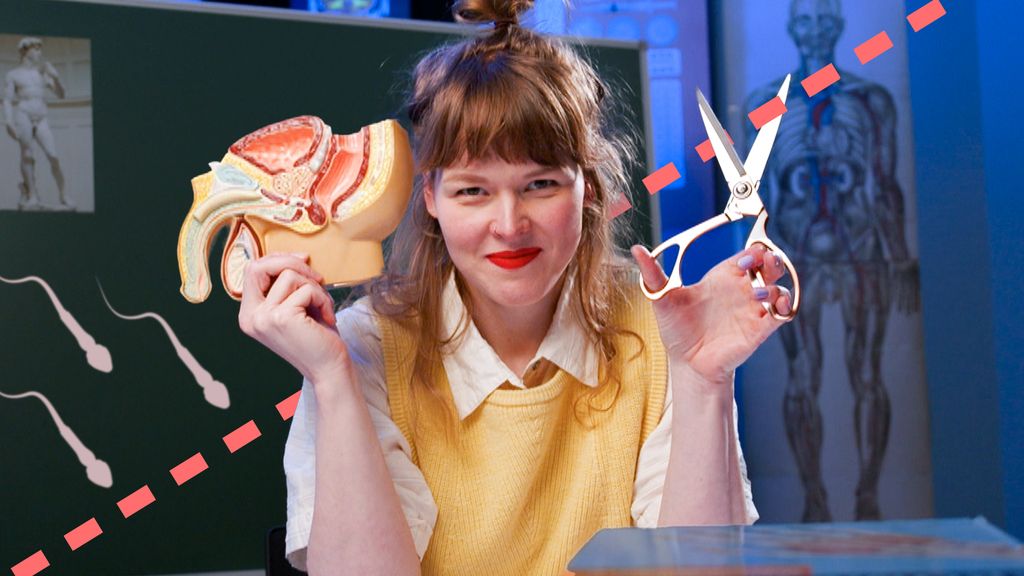
This article was last updated on August 30, 2024
Canada: ![]() Oye! Times readers Get FREE $30 to spend on Amazon, Walmart…
Oye! Times readers Get FREE $30 to spend on Amazon, Walmart…
USA: ![]() Oye! Times readers Get FREE $30 to spend on Amazon, Walmart…
Oye! Times readers Get FREE $30 to spend on Amazon, Walmart…
Under 30 and no desire to have children: clinics see increasing demand for sterilization
Under thirty and not wanting to have children? Urologists are increasingly seeing that this group of men is requesting sterilization. This is evident from a tour by NOS op 3 of almost all urology clinics in the Netherlands. The majority of men who want the procedure are between 35 and 40. About a third of clinics recognize that more and more younger men – under 30 – also want a haircut.
Why men want sterilization varies. The largest group has completed their desire to have children. For example, these men want to take the pressure off their wives, who then no longer have to take (hormonal) contraception, such as the pill or an IUD.
Clinics also recognize a new group: young men without a desire to have children. For example, they do not want to bring children into the world because of the climate.
Urologist Melianthe Nicolai performs around 500 sterilizations per year and also regularly sees young men in her clinic who do not want children. For example, because of the climate. “A 29-year-old biologist recently came here and he absolutely had something against more people on earth, because he saw how much the environment was suffering because of humanity. He just didn’t want to contribute to that.”
Another reason Nicolai sees: men don’t want to pass on their genes because of a genetic condition, such as an illness, or mental problems.
So is Daan. He opted for sterilization at the age of 27 because of his mental health: “I believe that if you raise a child you should have a stable, safe and pleasant environment. The chance that I cannot provide that for 18 years is simply quite high.” .”
The effect of hormonal contraception on his wife and how things are going in the world also plays a role in his choice: “It is one big drama with the climate crisis and the wars around the world. I can think of a hundred things why I would say : I don’t want to raise a child in this world.”
Under 30
Anyone who wants sterilization can go to their GP, hospital or specialist clinic. Doctors can decide for themselves whether or not to perform the procedure on men under 30. But in a directive For urologists, risk factors are discussed: under 30 or men who are not in a relationship more often regret the procedure. The result is that urologists are reluctant to perform sterilization on young men.
Daan noticed that at his age it was difficult to find a doctor who wanted to do the treatment. “We called about eight hospitals and they all said: you are not 35, we are not going to take on the process.” Ultimately he managed to find someone for the operation through the GP.
The chance that someone will regret the procedure is small, research shows. About 2 to 6 percent of men later change their minds. That percentage is therefore higher among men who choose it at a younger age: among men under 25, 11 percent regret it later.
What about sterilization?
During male sterilization, a doctor cuts a piece of the two vas deferens. The ends are then burned or stitched closed. This way, semen no longer comes from the balls into the seminal fluid and a man can no longer have children.
The procedure is done by a doctor. This can be done, for example, in the hospital, but also in a specialist clinic or by the general practitioner. It is not standard insured care, so anyone who opts for sterilization must pay for it themselves or take out additional insurance.

Be the first to comment